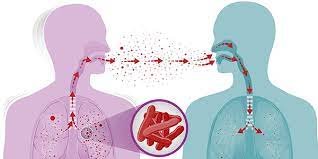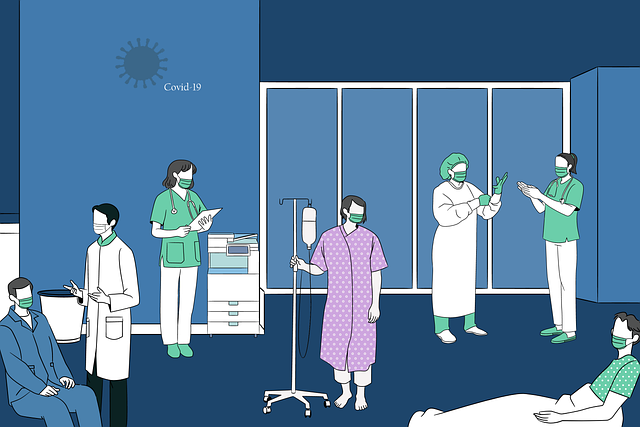All individual are different, each individual has different level of severity. We need to tailor and apply differently base on their symptoms .Here are the following information that explain what happens in general population after Covid-19 infection .Some recover as early as 3 days some lasted for over 3 months . It does take time but please remember your body needs time to heal , don’t rush take it one step at a time allow your body to recover.
Post Covid infection
- FATIGUE
The most common symptoms seen after covid-19 infection . Fatigue is a normal part of the body’s response to fighting a viral infection such as COVID-19. Fatigue is likely to continue for some time after the infection has cleared. It can make you sleep more, feel unsteady on your feet, make standing for long periods difficult, as well as affecting your ability to concentrate and your memory.
- CARDIO-PULMONARY SYMPTOMS
Shortnes of breath
Cough
Palpitation
Chest pain
Myocardial inflammation
- COMMON NEUROLOGICAL SYMPTOMS
Headache
Decrease vision
Mobility challenges
Memory loss
Cognitive impairment – brain fog
Anxiety
Depression
PTSD – Post Traumatic Stress Disorder
- GASTRO-INTESTINAL SYMPTOMS
Even after a negative naspharyngeal swab testing COVID-19 virus will still appears in the feaces for a mean duration of 28 days .Therfore good hygine is important.
- ENDOCRINE
New onset of Diabetes Mellitus
Worsening Diabetes Mellitus
- In Children
Cardiovascular disorder
Neurological symptoms
Multisystem Inflammatory syndrome (rare)
- DERMATOLOGIC SYMPTOMS
3% noted skin rashes
Hair-loss is accounted in 20% of COVID-19 survivors due to viral infection and stress
WHAT CAUSES THESE SYMPTOMS TO CONTINUE ?
Immune system response :
Weak immune system can be cause by
Advance age
Co-morbidity (Hypertension , Diabetes, Cancer)
Immunodulating drugs ( steroids, cancer medicine )
HOW TO TREAT?
- Symptomatic treatment in consultation with your doctor
If cough – use over the counter cough suspension
Shortness of breath – Do breathing exercise
How to treat chronic fatigue
Try to identify anything that causes fatigue.
Disrupted sleep , anxiety pain.
- Rest
Rest is very important for your body as it fights off infection. You need to rest both your body and mind. Keep television, phones and social media to a minimum. Relaxation, breathing and meditation can all support quality
- Sleep
You may find that you need to sleep more. Make sure you follow healthy sleep habits: ensure your room is as dark as possible, have a bedtime routine, and avoid caffeine, eating late and using electrical items before bed.
- Nourishment
Try to keep your normal routine for eating and drinking. Being ill with a temperature can make you dehydrated so make sure you drink fluid when you’re thirsty and enough so that you pass urine with normal frequency and volume.
- Move
Get up and move around slowly and gently a few times each day. This will keep your body mobile and help with circulation.
- Keep activity levels low
Both physical and cognitive (thinking) activities use energy. Try to do only a small number of these activities each day, including basic activities of daily living, such as cooking, washing and dressing.
- Allow time
COVID-19 affects people differently, so give yourself time to recover. Its impact afterwards doesn’t always reflect the severity of the virus and you don’t have to have been hospitalised to experience fatigue. You may feel pressure to resume your usual activities quickly, but don’t rush.
- Have fun
Do some low energy activities that you enjoy, such as reading or watching TV, for short periods with regular rests.
Always remember the 4 P’s
P- Planning – plan around the day they have energy most
P Pacing – Pace themselves while doing their task
P Prioritising – deprioritize task that are not important
P Positioning- Position items to be easily reach and use
DIET
Your normal regular diet – add more green leafy vegatables, fruits , proteins – pulses and white boil eggs .






























